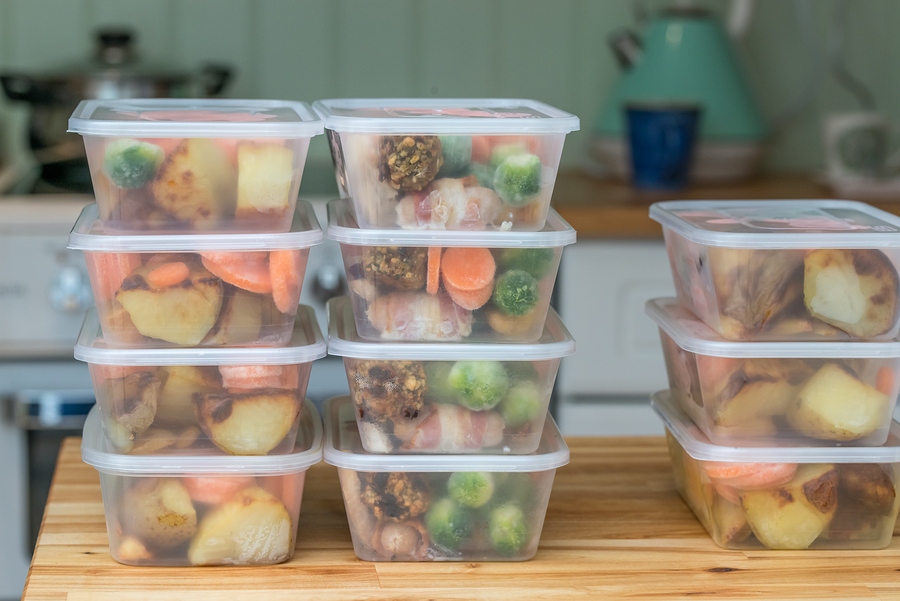As a Leeds letting agent, we understand just how important it is to keep track of your spending… and just how easy it can be to overspend on your weekly outgoings. This is especially true when it comes to food.
As a student, you may not have as much practice in budgeting your weekly shop. A few snacks here, a takeaway there and before you know it, you’ve spent your whole weekly budget, leaving you with no cash in your pocket and no food in your cupboards.
The key to keeping your bank balance in check and your stomach full is through the planning out your meals in advance. This way, you know exactly how much you’re spending. Here’s a few tips to make that process a little bit easier.
1. Have several meals on rotation
One of the problems with meal planning is that, if you plan on trying new recipes all the time, things can get complex pretty quickly Looking up recipes and working out the cost of all your ingredients every single day can be very time consuming. It’s also an easy way to lose motivation to stay on top of your budget, meaning you’re more likely to just go for the quick and often more expensive option.
An easy way around this is by having a selection of cheaper meals you are already familiar with on rotation through the week. That way, you’ve saved a bunch of time planning. You can also leave a couple of days open for something different, which not only saves you money but makes those meals feel even more special.
2. Invest in spices

While it might seem a little bit counterproductive, spending a bit more at first in order to have a decent spice selection is likely to save you money in the long run. This is because you’ll be able to add flavour into simple dishes, making a trip to the takeaway a lot less tempting. Salt, pepper, paprika, chilli and garlic powder are all versatile options and good places to start.
3. Learning to cook saves money
When you’re first learning to cook, it can seem like an easy way to burn through cash. After all, if you start looking for new recipes, you may find that you need a bunch of ingredients to get you started that costs more than a simple ready meal would.
However, once you begin, you’ll usually find that most recipes have staple ingredients, which you can use time and time again. These include the likes of our previously mentioned spices, along with a few sauces and cooking oils.
In the long term, this means you’ll likely end up saving money on your food bill. Remember, you don’t have to be Gordon Ramsay and use 20 ingredients per dish to make something tasty. In fact, some chefs, such as famed Italian chef Marcella Hazan and the UK’s Jamie Oliver, are well known for crafting amazing recipes using only a handful of ingredients. Plus, once you’ve learned a few tricks of the trade, your ability to make something out of what others would see as a pretty scarce selection of ingredients can work wonders.
4. Prepare on the weekend (or any other day you have free)

One of the easiest ways to save money is to cook a whole bunch of meals in advance. For example, if you put a few chicken breasts in the oven and then refrigerate them, you have most of the work done for several dishes throughout the week. You can even create whole meals and set them out for each day to be reheated later, so you know exactly how much you’re going to spend.
If you know you’re going to be busy through the week but have a weekend day off, spending an hour preparing your food can stop you from opting for the quick, convenient and more expensive options when you have less time.



